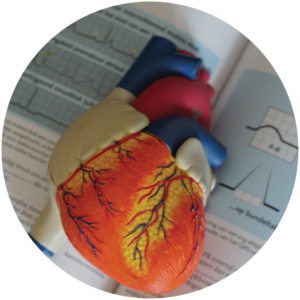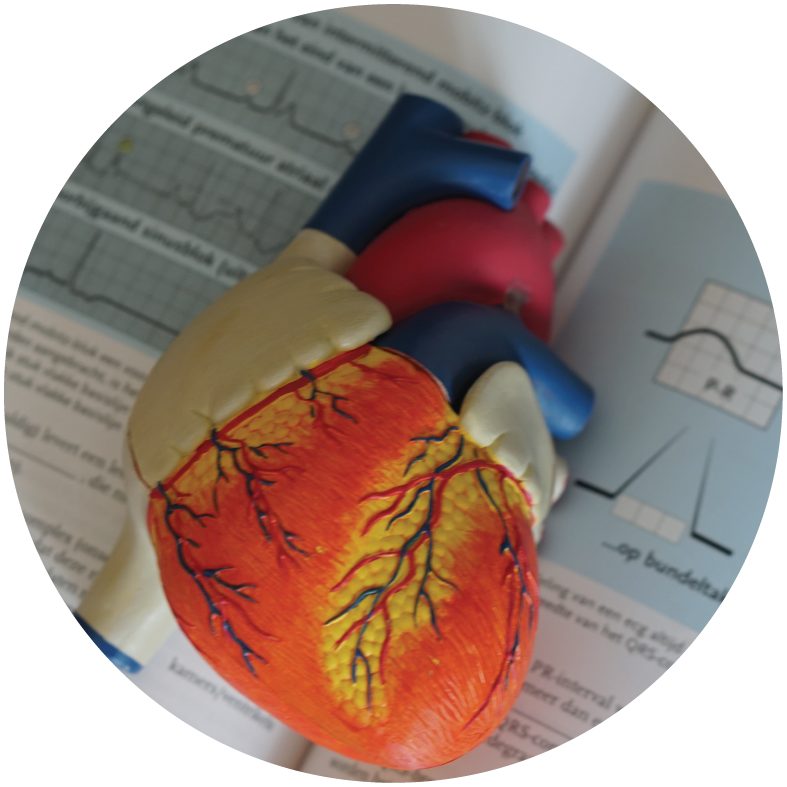Close

The most frequent clinical manifestations of coronary artery disease are angina pectoris and, above all, acute coronary syndromes, the best known of which is heart attack.
When atherosclerosis affects the circulation of the brain, the manifestations are neurological in nature, the most frequent being transient ischaemic attack (somewhat equivalent to angina pectoris) and stroke (also known as cerebral ictus or cerebrovascular accident) which is the equivalent of infarction.
There are many causes of atherosclerosis.
Some of these cannot be influenced, such as advancing age, having a family predisposition, or being male (the woman who is relatively protected until the age of menopause by the secretion of oestrogen).
There are, however, many situations that can be dealt with effectively. The most important ones are:
Once it has set in, and this starts very early in life, it is very difficult to reverse. It is therefore best to do everything possible to prevent it from occurring. A healthy lifestyle in terms of physical activity and weight, a varied and healthy diet adapted to your needs, and appropriate treatment of risk factors are the weapons at your disposal.
